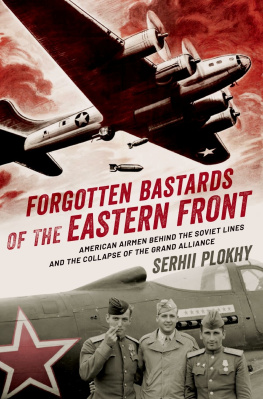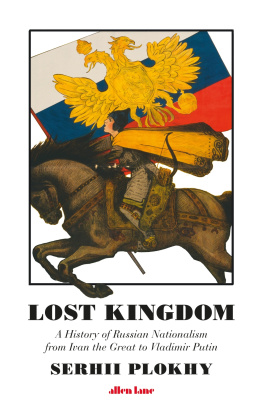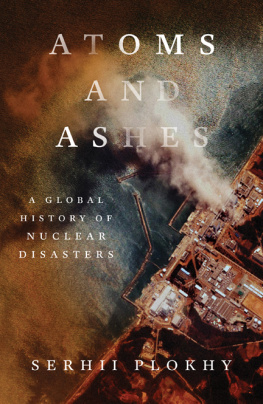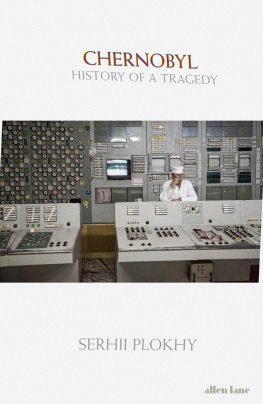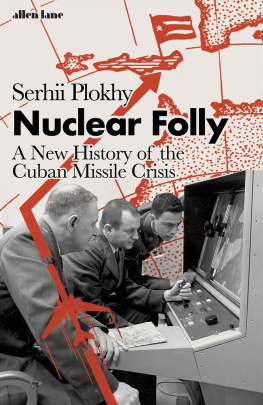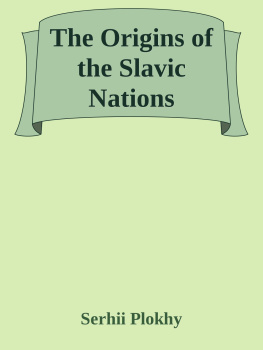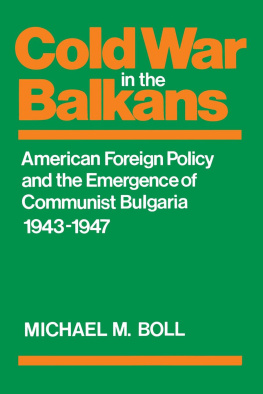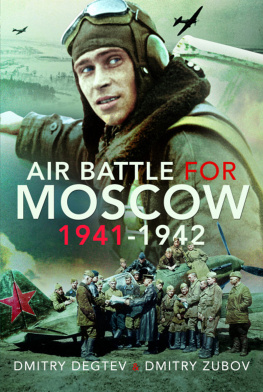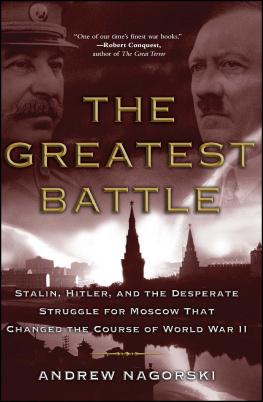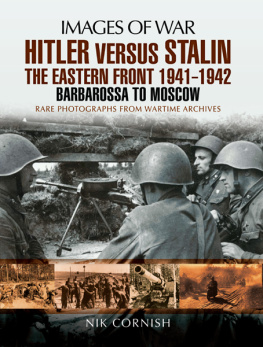Forgotten Bastards of the Eastern Front

Oxford University Press is a department of the University of Oxford. It furthers the Universitys objective of excellence in research, scholarship, and education by publishing worldwide. Oxford is a registered trademark of Oxford University Press in the UK and certain other countries.
Published in the United States of America by Oxford University Press
198 Madison Avenue, New York, NY 10016, United States of America.
Serhii Plokhy 2019
All rights reserved. No part of this publication may be reproduced, stored in a retrieval system, or transmitted, in any form or by any means, without the prior permission in writing of Oxford University Press, or as expressly permitted by law, by license, or under terms agreed with the appropriate reproduction rights organization. Inquiries concerning reproduction outside the scope of the above should be sent to the Rights Department, Oxford University Press, at the address above.
You must not circulate this work in any other form and you must impose this same condition on any acquirer.
Library of Congress Cataloging-in-Publication Data
Names: Plokhy, Serhii, 1957 author.
Title: Forgotten bastards of the Eastern Front : American airmen behind the Soviet lines and the collapse of the Grand Alliance / Serhii Plokhy.
Other titles: American airmen behind the Soviet lines and the collapse of the Grand Alliance
Description: New York, NY : Oxford University Press, [2019] | Summary: At the conference held in Tehran in November 1943, American officials proposed to their Soviet allies a new operation in the effort to defeat Nazi Germany. The Normandy Invasion was already in the works; what American officials were suggesting until then was for the US Air Force to establish bases in Soviet-controlled territory, in order to shuttle-bomb the Germans from the Eastern front. For all that he had been pushing for the United States and Great Britain to do more to help the war effortthe Soviets were bearing the heaviest burden in terms of casualtiesStalin balked at the suggestion of foreign soldiers on Soviet soil. His concern was that they would inflame regional and ideological differences. Eventually in early 1944, Stalin was persuaded to give in, and Operation Baseball and then Frantic were initiated in the Poltova region (in what is today Ukraine). As Plokhys book shows, what happened on these airbases mirrors the nature of the Grand Alliance itself. While both sides were fighting for the same goal, Germanys unconditional surrender, differences arose that no common purpose could overcome. Soviet secret policeman watched over the operations, shadowing every move, and eventually trying to prevent fraternization between American servicemen and local women. A catastrophic air raid by the Germans revealed the limitations of Soviet air defenses. Relations soured and the operations went south. The story of the American bases foreshadowed the eventual collapse of the Grand Alliance and the start of the Cold War. Using previously inaccessible archives, Allies and Adversaries offers a bottom-up history of the Grand Alliance, showing how it first began to fray on the airfields of World War II.Provided by publisher.
Identifiers: LCCN 2019004678 | ISBN 9780190061012 (hardback : alk. paper) | ebook ISBN 9780190061036
Subjects: LCSH: World War, 19391945Aerial operations, American. | World War, 19391945Aerial operations, Russian. | Air basesUkraineHistory20th century. | World War, 19391945Ukraine. | United StatesRelationsSoviet Union. | Soviet UnionRelationsUnited States.
Classification: LCC D790 .P64 2019 | DDC 940.54/497309477dc23
LC record available at https://lccn.loc.gov/2019004678
1 3 5 7 9 8 6 4 2
Printed by Sheridan Books, Inc., United States of America
Contents
In 1950, Winston Churchill named one of the volumes of his World War II memoirs, Grand Alliance. He borrowed that term from the name used when England, Scotland, and European powers joined together against France in the late seventeenth and early eighteenth centuries, a partnership that diminished the power of France and led to the rise of Britain. Like its early modern predecessor, the Grand Alliance of the twentieth century turned out to be an astonishing success when it came to achieving its immediate goals. American assistance to Britain and the USSR through the Lend-Lease program, the opening of the second front in Europe in June 1944, and the Soviet declaration of war on Japan in August 1945 were the most salient features of Allied cooperation. The summits of the Big Threeas Roosevelt, Stalin, and Churchill were called by the mediafirst in Teheran in 1943 and then in Yalta in 1945, ensured the unity of the Allied powers throughout the war, leading to the defeat of the Axis and helping to produce a new international order and the organization that embodied it, the United Nations, the longest-lived international coordinating body in world history.
Greater than the military success of the second Grand Alliance was the expectation that it would continue into the postwar era, and greater still was the disappointment that followed its collapse a few years later. By 1948 the world was effectively divided into two camps, with the United States and Britain belonging to one and the Soviet Union and its Eastern European satellites to the other. The following year saw the formation of the North Atlantic Treaty Organization, a military alliance of the Western powers, followed in 1955 by the Warsaw Pact between the Moscow-led communist regimes of Eastern Europe. By that time the world found itself threatened not only with a new world war but also with the possibility of nuclear annihilation. The Grand Alliance ended in a Grand Failure, symbolized by Churchills other famous coinage, the Iron Curtain that divided postwar Europe in half.
What went wrong? was the question asked throughout the world. Who was responsible for the start of the Cold War? Some pointed to Joseph Stalin and his efforts to carve up Iran and take control of the Black Sea straits, as well as his imposition of communist regimes in Eastern Europe. Others suggested that Americas use of the atomic bomb in August 1945 and its subsequent refusal to share the new technology with the Soviet Union had shifted the worlds power balance, leaving Stalin no choice but to consolidate his wartime geostrategic gains. This book will take a different track, revealing the roots of Cold War conflicts and nightmares in the story of the Grand Alliance itself. My main argument is quite simple: that it was doomed from within by conflict between the Soviet and American political traditions and cultures, and that it began to fall apart during rather than after World War II.
This is the story of collapse from below, focusing on the only place where the Soviets and Americans actually got the chance to live and fight side by sidethe three American Air Force bases established on Soviet-controlled territory in April 1944. Taking off from airfields in Britain and Italy, American airplanes would bomb their targets and then land at these bases, which were located in the Poltava area of todays Ukraine, repeating the bombing on their way back to Britain or Italy. For the final year of the war in Europe, Americans worked intimately with Soviets. The Poltava bases were not small or merely symbolic. Thousands of pilots, airplane mechanics, and rank-and-file soldiers participated in the shuttle operations. Moreover, tens of thousands of Ukrainian citizens were able to meet US Airmen and, in some cases, establish close personal relations with them. Thus, this story is very much about peopletheir lives, views, and emotions.

